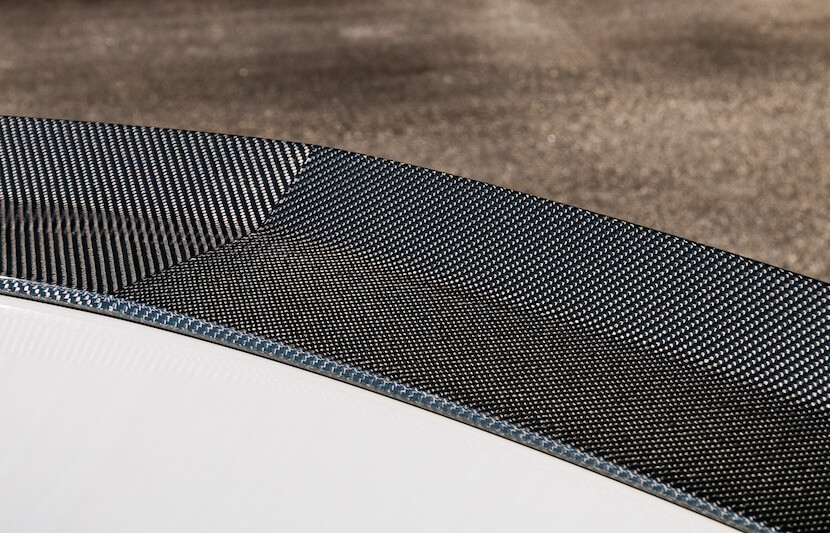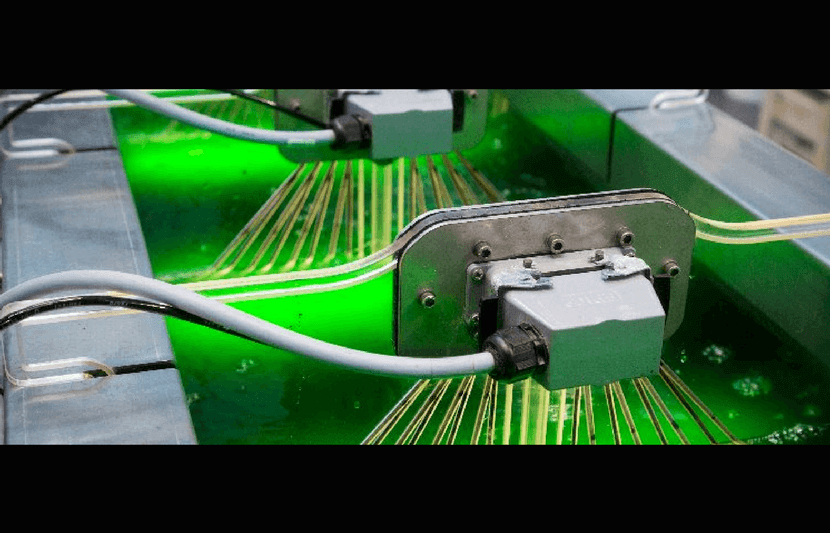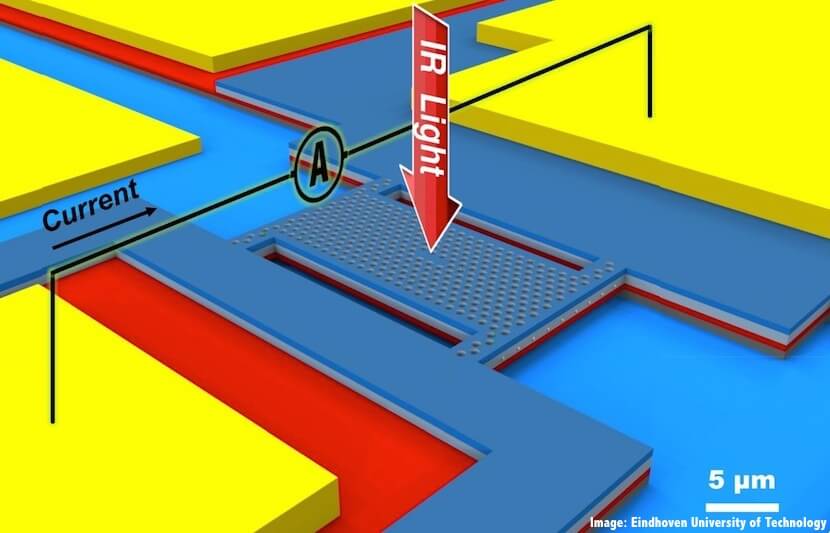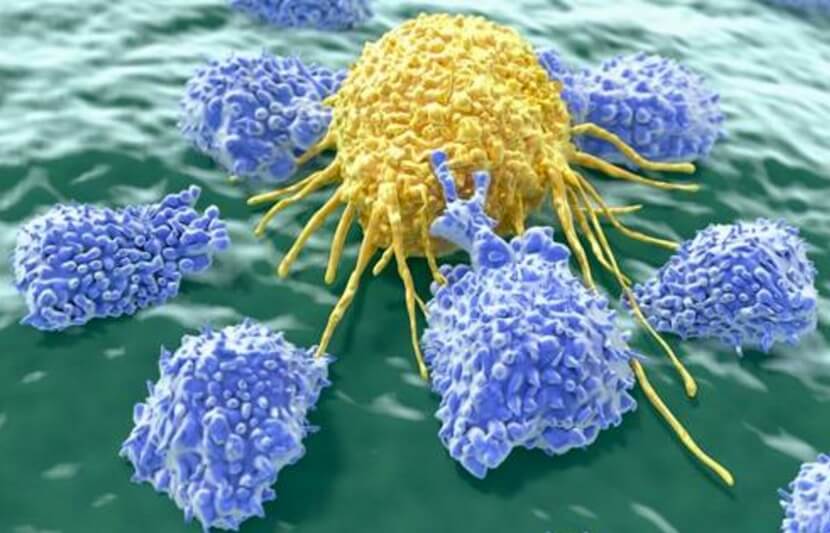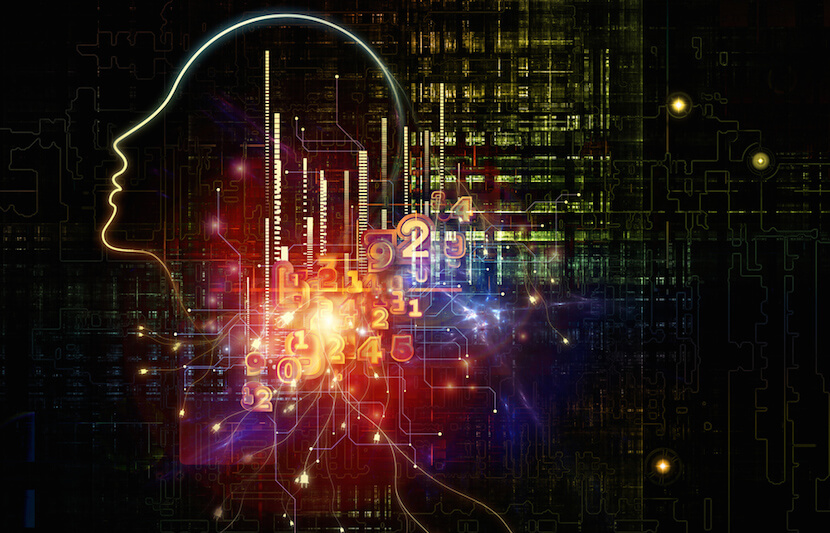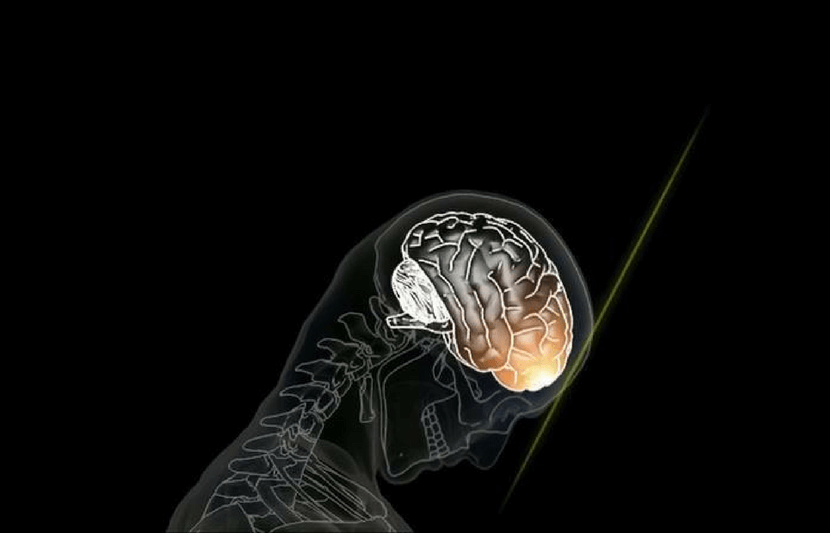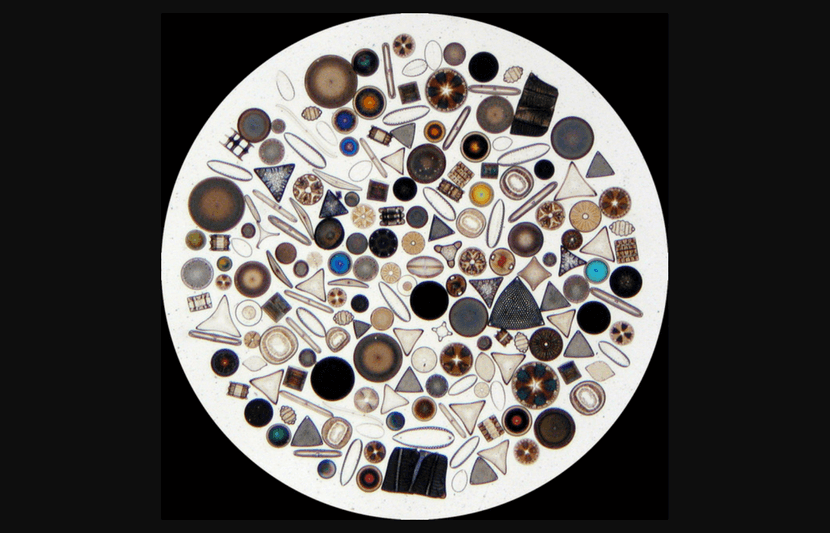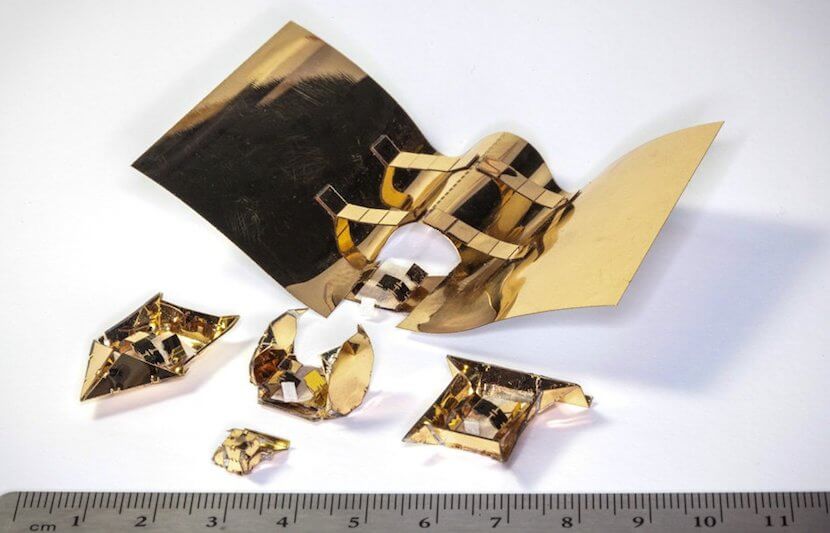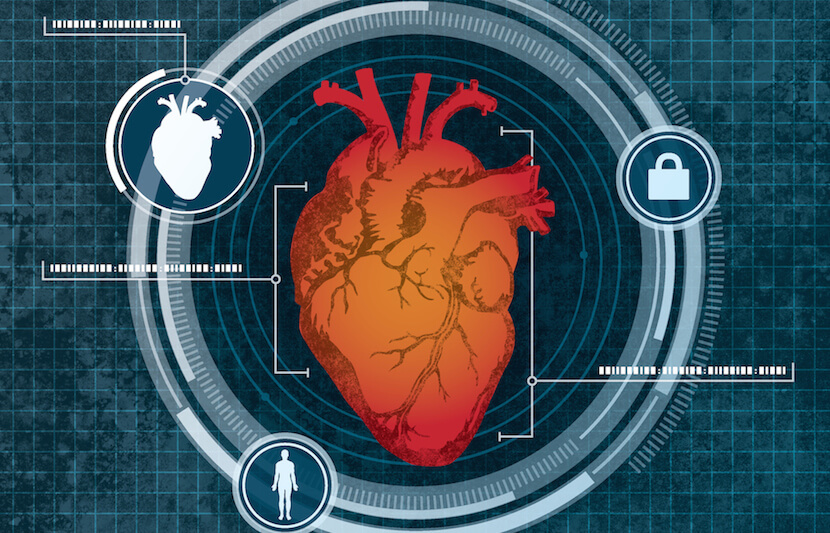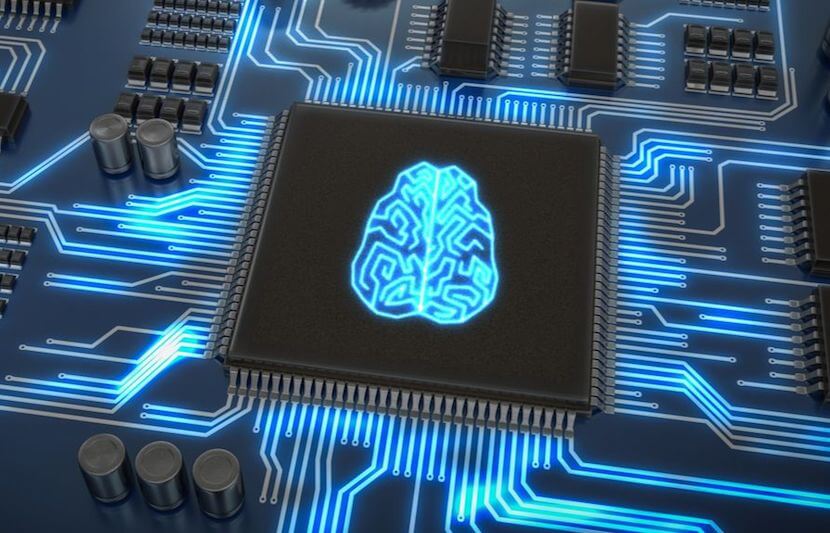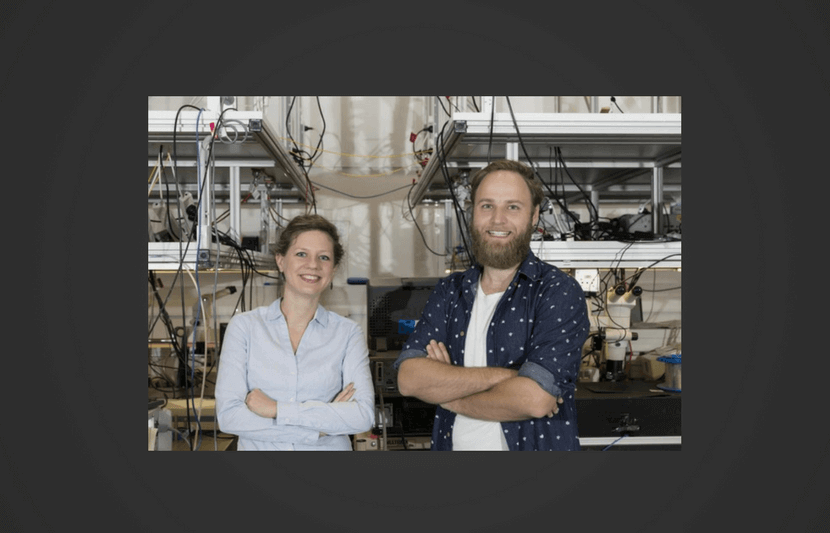-
A ‘Green’ Carbon Fiber Alternative to Fossil Fuels
An interdisciplinary research team led by Gregg Beckham, a group leader and senior engineer from the National Renewable Energy Laboratory (NREL), has developed an environmentally friendly process to convert biomass into “acrylonitrile,” a key compound in the manufacturing of carbon fiber. Demand for carbon fiber has increased significantly as manufacturers have begun looking for ways… Read More
-
University of Twente Develops C02 Capture Device to Advance Sustainability
Researchers at the University of Twente, the Netherlands, have developed a new device for the capture of atmospheric carbon dioxide to stimulate the growth of algae, an important bio-commodity. The technology can also be used to store solar and wind energy. The research is led by Dr. Wim Brilman, associate professor of sustainable process technology… Read More
-
Universities Accepting Bitcoin for Tuition
A handful of universities across the world is currently accepting bitcoin for payments, with Lucerne University of Applied Sciences and Arts in Switzerland and FPT University in Vietnam being the two most recent additions. They join The King’s College in New York, the University of Nicosia in Cyprus, the University of Cumbria in the UK,… Read More
-
TU Eindhoven Is Turning Smartphones Into Tricorders
Just like the tricorder popularized by Star Trek, smartphones outfitted with a micro-spectometer recently developed by researchers at the Eindhoven University of Technology (TU/e) in the Netherlands could be used by users to glean crucial information from the environment around them. The new micro-spectrometer is small enough to fit in a cell phone, but precise… Read More
-
Connecting the Human Brain to the Internet in Real Time
A team of researchers at the University of Witwatersrand in Johannesburg, South Africa, has successfully connected a human brain to the internet in real time for the first time in history. The “brainternet” is the creation of Adam Pantanowitz, a lecturer in the university’s School of Electrical & Information Engineering. “I wanted to become the… Read More
-
Cardiff University Researchers Develop Two Unique Methods to Attack Cancer
Researchers at Cardiff University in the UK have developed two unique ways of attacking cancer cells. The first method targets cancer-ridden T-cells without harming healthy ones, while the second method uses genetically engineered healthy T-cells to destroy cancerous cells. T-cells, a type of white blood cell, are a part of the immune system that help… Read More
-
University of Waterloo: Artificial Intelligence Without Internet Now Possible
Researchers at the University of Waterloo in Canada have made a breakthrough in artificial intelligence (AI). New machine learning algorithms, along with compact computer chips small enough to fit on a mobile phone, have allowed for an AI to run independent of the internet. Typical neural networks (known as “tethered” neural networks) require an internet… Read More
-
UCLA Researchers Identify New Biomarkers for Quick, Reliable Concussion Diagnosis
Researchers at UCLA have found a way to ensure that concussions, even those that do not show up in a CAT or CT scan, can be diagnosed within an hour of injury so proper steps can be taken for recovery. A concussion, according to the Center for Disease Control, is a traumatic brain injury (TBI)… Read More
-
Solar Energy from Algae? Researchers From Yale, Princeton, Lincoln and NASA Think So
Billions of years before the invention of solar panels, algae was already harnessing the sun’s energy. Because algae has been optimized for light absorption through its evolution, the key to more efficient solar panels may be unlocked by working with algae. That’s what a team of researchers from Yale University, Princeton University, Lincoln University and… Read More
-
PepsiCo Recycling Zero Impact Fund Challenges Students to Green Their Campus with Cash Prizes
PepsiCo, through its Recycling Zero Impact Fund, is giving students the chance to win as much as $10,000 to fund new sustainability projects or to improve existing efforts on their campuses. “We all want to protect the planet,” said Tom Mooradian, manager of environmental sustainability at PepsiCo. None of us can do it alone, but… Read More
-
Bringing ‘Transformers’ to Life: MIT’s New Multitasking Robot Changes Outfits to Suit Tasks
Image – Courtesy of the MIT Researchers Researchers from MIT’s Computer Science and Artificial Intelligence Laboratory (CSAIL) have created a robot capable of altering its appearance and abilities by changing exoskeletons. This design is a departure from traditional thinking in robotics, in which robots are built to perform one task or suit one particular purpose.… Read More
-
University at Buffalo: No More Logins for Computer Security, Heart Recognition Instead
A team of researchers, led by Wenyao Xu, assistant professor of computer science and engineering at the University at Buffalo’s School of Engineering and Applied Sciences (UB), has developed a biometric scanner that verifies a computer user’s identity by recognizing the geometry of their heart. Biometric scanners use physical features as an alternative to password… Read More
-
Researchers From Oxford, Exeter and Münster Universities Develop Photonic Microchips That Mimic Human Brain
A team of researchers from the Universities of Oxford and Exeter in the UK and the University of Münster in Germany have made a significant breakthrough in the field of artificial intelligence by developing a microchip with a circuitry structure mimicking that of a synapse in the brain. By engineering chip structure to emulate the… Read More
-
A Symphony in Your Computer? University of Sydney Researchers Develop First Microchip That Stores Light As Sound
Scientists from The University of Sydney in Australia have created the world’s first hybrid microchip capable of transferring light waves into sound waves. Data, in the form of light waves, enter the chip via fiber optic cables, is transmitted across the cable along a thin wire in the form of acoustic waves, and is then… Read More
-
Tired of Traffic? Carnegie Mellon’s AI Traffic Tech Cuts Travel Times and Emissions
Scientists at Carnegie Mellon University (CMU) have installed smart traffic signals to monitor and conduct traffic lights at select intersections in a pilot area in Pittsburgh. The technology uses existing cameras and radar systems to track traffic in real time. Then, an artificial intelligence (AI) uses algorithms to determine the best way to move the… Read More


